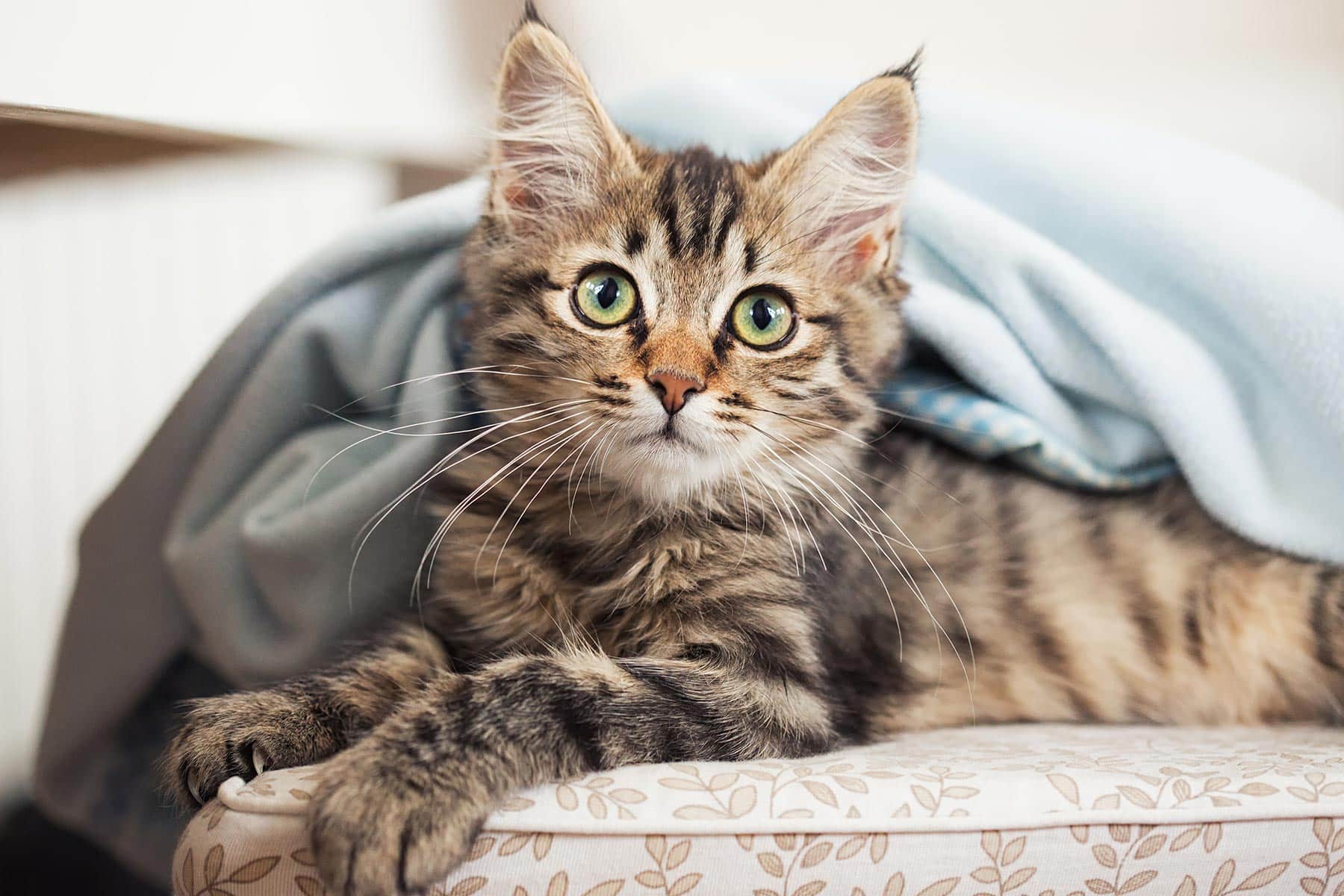There is that thing about cats having nine lives, and it’s true. Cats get themselves out of a lot of tricky situations. They spend time out and about and sometimes you don’t know where they are or what they are up to. They get stuck in trees or in garages, and have been known to hitch rides in vans to different cities, then somehow make their way back home. Some of this is uncontrollable – cats are cats after all.
All cats need vaccines
The one thing you can control and that you cannot leave to chance are your cat’s vaccinations. Whether you have a new kitten, a rescue kitten, a new or an old cat, vaccinations are crucial. Vaccinating your kitten or cat on time is important, and your vet will tell you exactly what to do, and when to do it. Vaccinations will save your cat from a variety of cat-diseases, some of which can be fatal or have long term impact on their health.
When to vaccinate your cat
Most kittens should get vaccinated when they between six to eight weeks through to sixteen weeks, although some of the vaccines are done as one. All cats require check ups and booster vaccinations. The vaccines they have and when they have them depends on the cat or kitten, their health and the circumstances through which you got them.
It’s advisable to take a new kitten as soon as you can to your local vet for an examination, and have them give you a vaccination plan. If you have a rescue cat, also take the cat to the vet quickly, to make sure their health is on track and to see if any vaccinations are needed. And then, like any pet, regular veterinary check-ups and boosters are important, to keep your cat healthy and in tip-top shape.
Some of the cat vaccines needed include, but are not limited to:-
- Feline Distemper. (Panleukopenia)
- Feline calicivirus
- Feline viral rhinotracheitis
Cat vaccines are vitally important. They keep your cat inoculated from disease that can be fatal, and vaccines also boost the immune system. Chat to your vet today.

